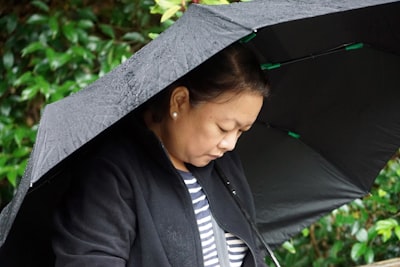Online Hate and the High Cost of Compassion: What Mikayla Raines’ Tragedy Reveals About Social Media
In a digital era where compassion is broadcast and cruelty can be anonymous, the tragic death of Mikayla Raines—a beloved YouTuber and wildlife rescuer—forces us to confront the deadly intersection of mental health and online abuse.
The Story Behind the Star
Mikayla Raines, only 29, rose to internet fame through her heartfelt videos rescuing and rehabilitating foxes. Her channel offered millions an intimate look into wildlife care—blending education, entertainment, and advocacy in a way that inspired devotion from fans and scrutiny from critics.
But Raines’ story is not unique. Creators who blur the lines between public figure and private individual pay a heavy price in the digital coliseum, where opinions turn savage and cyberbullying flourishes.
The Dark Side of Internet Fame
Raines’ husband directly attributes her suicide to relentless online abuse—a growing problem for influencers, activists, and ordinary users alike. Unlike physical confrontation, digital hate is constant, persistent, and deeply personal.
| Pros of Sharing Online | Cons of Sharing Online |
|---|---|
| Raises awareness for good causes | Exposure to coordinated harassment |
| Builds community and connection | Loss of privacy and personal safety |
| Empowers marginalized voices | Amplification of misinformation |
As recent studies show, targets of online abuse are far likelier to experience anxiety, depression, and thoughts of self-harm.
Why Online Abuse Hurts More Than We Think
Online hate often masquerades as “just words,” but its effects are lasting and lethal. Unlike traditional bullying, digital harassment follows victims across time zones and life stages, resurfacing with every notification. This can create a sense of inescapability, eroding self-worth even among those who seem strong or successful.
"Cyberbullying can feel like death by a thousand cuts—each comment trivial, but together, devastating." (Digital Safety Institute, 2023)
Are Platforms Doing Enough?
A major dilemma is platform accountability. Despite promises of moderation, harmful content and coordinated harassment persist—monetized by the very systems that claim to protect creators.
Notably, platforms like YouTube and Twitter profit from user engagement, even when that engagement is negative. This raises ethical concerns: are we incentivizing cruelty for clicks?
The Need for Real Change
Mikayla’s death is a call to action, not just a tragedy. We, as a society, must confront our complicity as passive bystanders—or worse, as silent beneficiaries of viral cruelty.
Actionable Insights:
- For Individuals: Think before you comment; report abuse; support positive creators.
- For Platforms: Invest in proactive moderation, real-time support for at-risk users, and transparent anti-harassment protocols.
- For Policy Makers: Treat digital harassment as a public health crisis with real-world consequences.
Looking Forward
As audiences, we must remember that real people exist behind screens. Mikayla’s legacy was one of kindness to animals—let us honor it by demanding more kindness in our digital communities.
This article was inspired by the headline: 'Fox Rescue YouTube star Mikayla Raines dies by suicide at 29, husband blames online abuse'.

Comments
No comments yet. Be the first to comment!